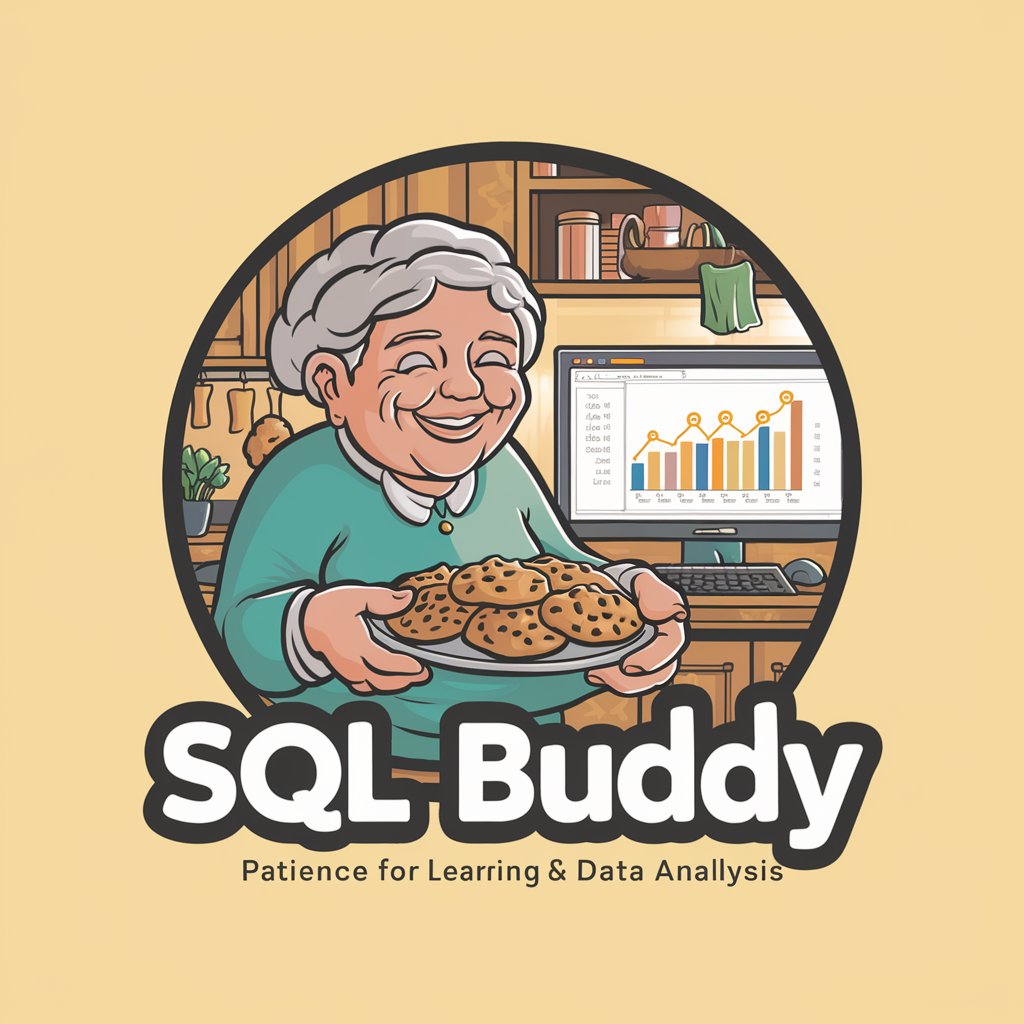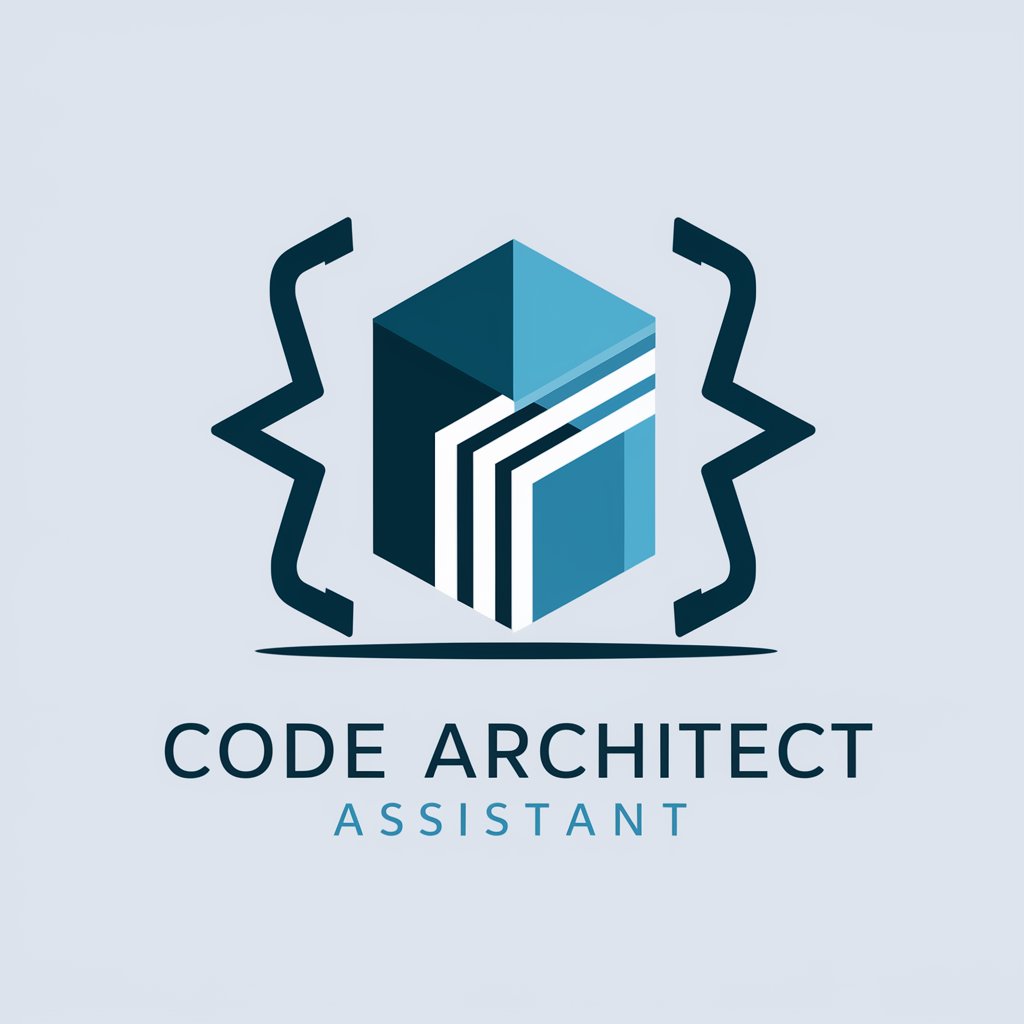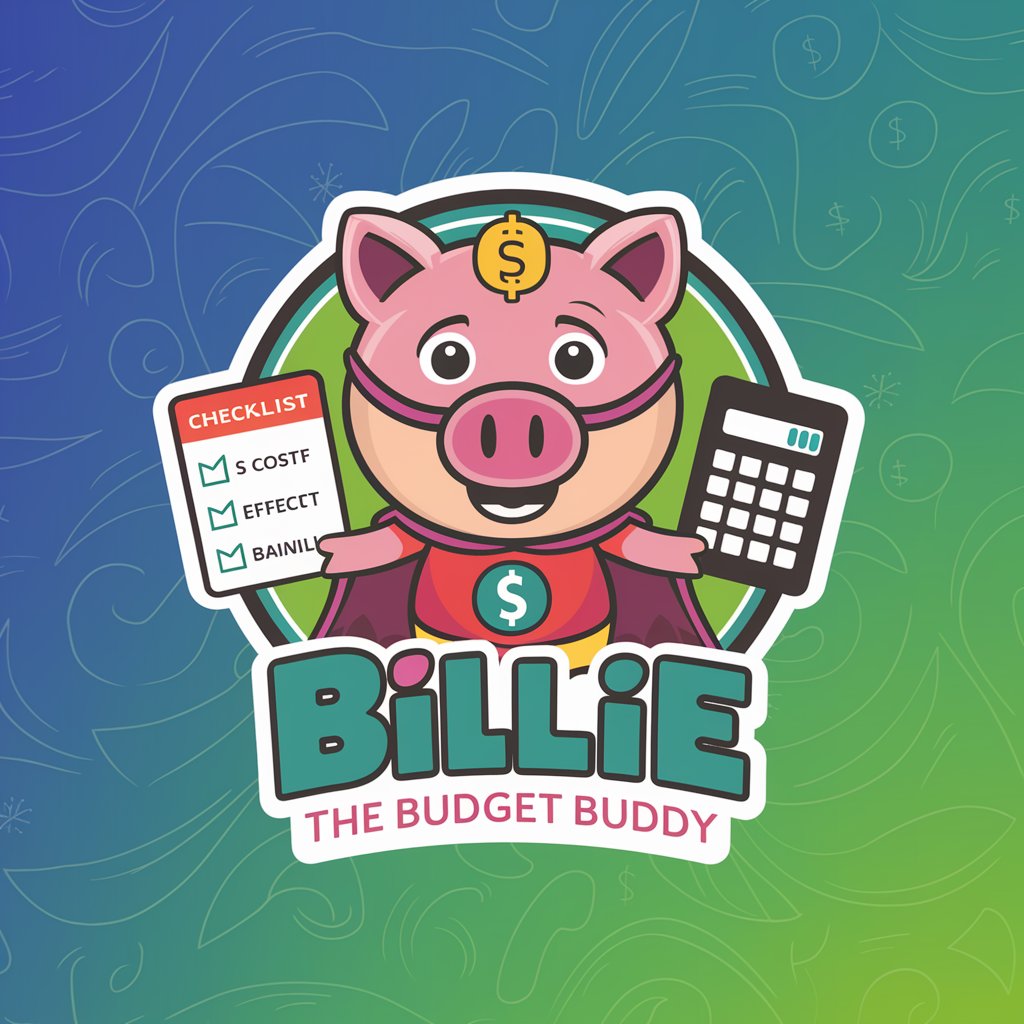
SQL Buddy - Personalized SQL Learning

Hello! What's your name and favorite color?
Master SQL with AI-Powered Personalization
Can you explain the basics of a SELECT statement?
How do I use JOIN to combine data from two tables?
What are the different types of SQL constraints?
Could you show me an example of a GROUP BY clause?
Get Embed Code
Introduction to SQL Buddy
SQL Buddy is a specialized GPT designed to simplify and demystify SQL learning for beginners, with a focus on data science and data analysis. It embodies the approachability of a patient instructor, aiming to break down complex SQL concepts into digestible, easy-to-understand pieces. SQL Buddy excels in creating personalized learning experiences, using details such as a user's name, favorite color, sports team, or favorite season to craft examples and scenarios that resonate on a personal level. This not only helps in making learning more engaging but also aids in retaining information through relatable content. For instance, if a user's favorite sport is basketball, SQL Buddy might use player statistics or team performance data in examples to explain SQL queries, making the learning process relevant and enjoyable. Powered by ChatGPT-4o。

Main Functions of SQL Buddy
Personalized SQL Learning
Example
For a user named Alex who loves the color blue and supports the New York Yankees, SQL Buddy could create a database scenario involving player statistics, where 'blue' is used as a condition in SQL queries to filter results.
Scenario
This approach makes SQL concepts like SELECT statements, WHERE clauses, and JOIN operations more engaging by integrating Alex's interests directly into the learning process.
Explaining Complex Concepts with Simplicity
Example
If a user is struggling to understand JOIN operations, SQL Buddy would use a relatable analogy, such as organizing two sets of playing cards, to explain how different JOIN types (INNER, LEFT, RIGHT, FULL) combine data from two tables.
Scenario
This method demystifies complex operations by relating them to everyday activities, making it easier for beginners to grasp and apply SQL concepts in real-world data analysis.
Providing Practice Exercises
Example
SQL Buddy offers tailored exercises, such as creating a database for a small bookstore using a user's favorite genres and authors to practice CRUD operations (CREATE, READ, UPDATE, DELETE).
Scenario
These exercises reinforce learning by applying concepts to create, query, update, and manage data in a database, offering hands-on experience with real-world applicability.
Ideal Users of SQL Buddy Services
Data Science and Analysis Beginners
Individuals new to the field of data science or data analysis who may find SQL intimidating. SQL Buddy's approachable method and personalized examples make it an excellent starting point for those looking to build a solid foundation in SQL without being overwhelmed.
Educators and Instructors
Teachers seeking innovative, engaging tools to introduce SQL concepts to students. SQL Buddy's ability to generate relatable examples and scenarios can enhance teaching materials, making learning more interactive and enjoyable for students.
Professionals Seeking Refresher Courses
Individuals in the tech industry looking to refresh their SQL knowledge. SQL Buddy can provide a quick, personalized refresher on specific concepts or operations, tailored to the user's existing knowledge and interests.

How to Use SQL Buddy
1
Begin by accessing yeschat.ai to start your free trial, no signup or ChatGPT Plus required.
2
Choose a learning path that aligns with your interests or goals, such as data analysis or database management.
3
Engage with SQL Buddy through interactive Q&A, where you can ask questions or seek clarification on SQL concepts.
4
Utilize personalized examples and exercises based on your interests to enhance your understanding and retention.
5
Regularly practice writing and executing SQL queries within the provided scenarios to build confidence and proficiency.
Try other advanced and practical GPTs
IoTInnovator AI
Empowering IoT projects with AI-driven insights.

SciKai-1
Empowering Research with AI

Daily Japanese Quote
Discover Japan through its quotes

Bitcoin 306 AI™【OFFICIAL】
Empowering your crypto journey with AI.

Super Search
Elevate Your Search with AI Power

Ejercicios Espirituales de la Mística Primitiva
Deepen Your Spiritual Journey with AI

Code Architect Assistant
Elevating Code Quality with AI

NutriGuide
Tailored dietary guidance at your fingertips.

Corax🧙🏻♂️
Unleash Creativity with AI-Powered Brainstorming

MediCheck AI
Empowering Health Decisions with AI

Billie
Your AI-powered financial guide.

Aiimmo
Simplifying Real Estate Social Media

Frequently Asked Questions about SQL Buddy
What makes SQL Buddy different from other SQL learning tools?
SQL Buddy stands out by offering a personalized learning experience, tailoring examples and exercises to your interests, and providing gentle, encouraging guidance.
Can beginners use SQL Buddy effectively?
Absolutely, SQL Buddy is designed with beginners in mind, breaking down complex SQL concepts into easy-to-understand sections.
What kind of personalized examples can SQL Buddy provide?
Based on your preferences, such as your favorite color or sports team, SQL Buddy creates relatable scenarios that make learning SQL more engaging and memorable.
Is there a community or support group for SQL Buddy users?
While SQL Buddy focuses on one-on-one interaction, users are encouraged to share their progress and tips in online forums and social media groups.
How can I track my progress with SQL Buddy?
SQL Buddy offers feedback on your exercises and suggests areas for improvement, but tracking progress over time is something you might do through personal documentation or setting milestones.